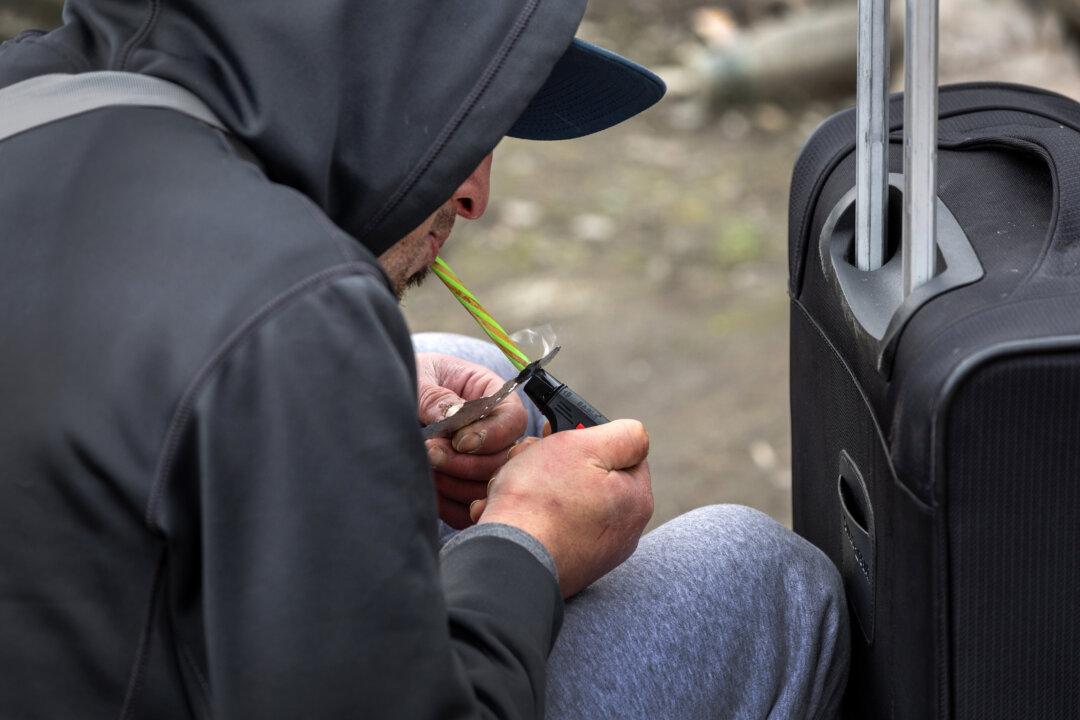The Seattle City Council voted on June 5 to reject legislation that would have allowed the city attorney to prosecute drug possession and public drug use for the first time in Seattle’s history.
The legislation, Council Bill 120586—relating to the possession and public use of controlled substances in a public place—was initially proposed by Republican City Attorney Ann Davison as part of efforts to crack down on drug use throughout the city.




